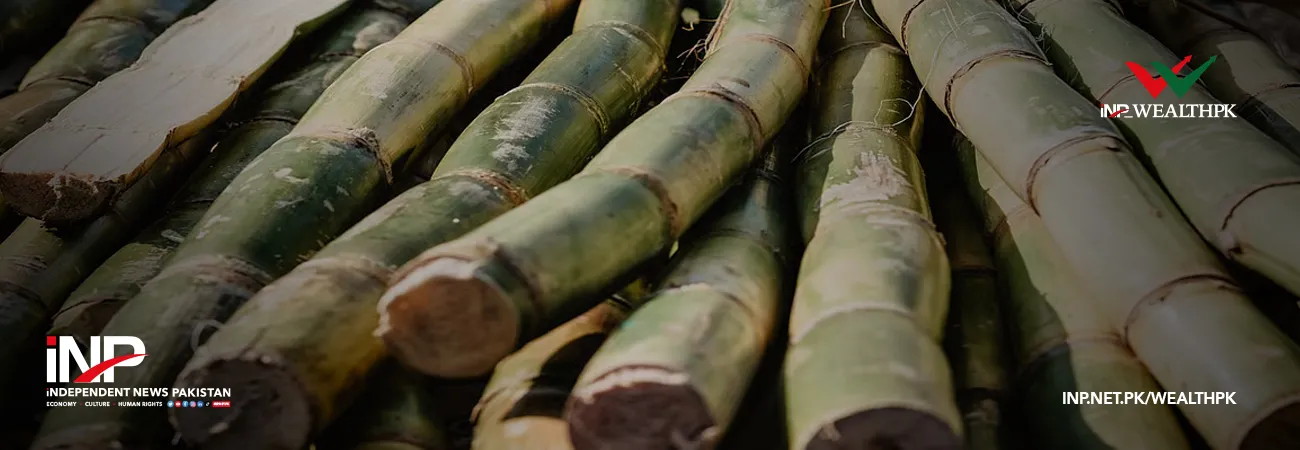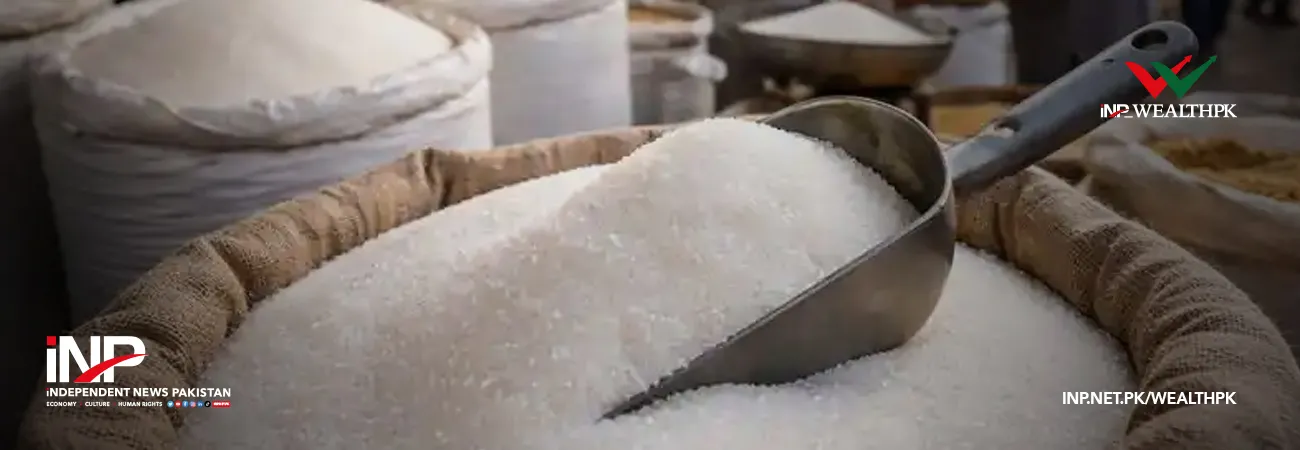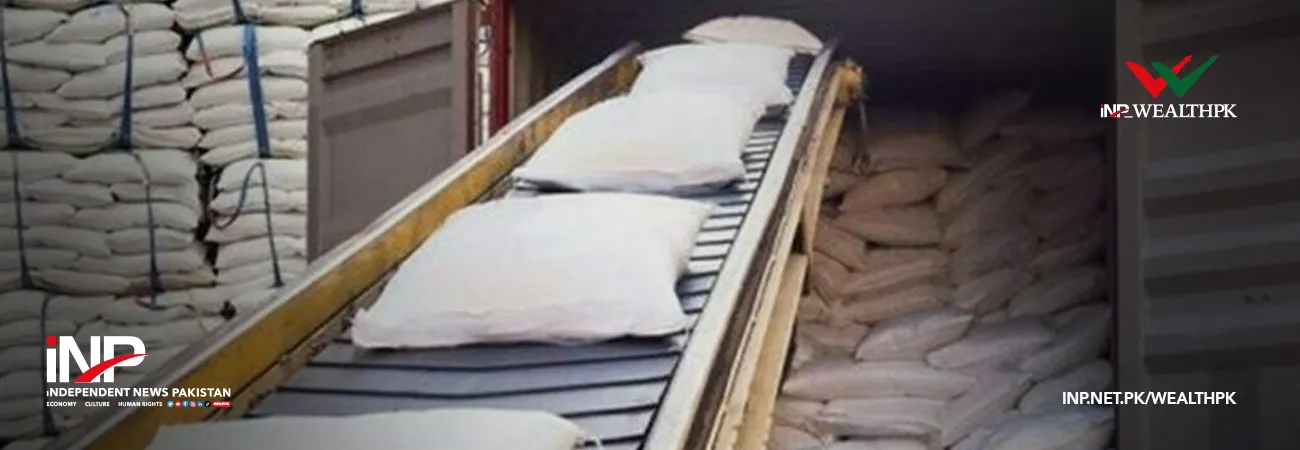INP-WealthPk
BEIJING, November 6 (INP): Pakistan enjoys unique advantage having largest number of youth, a most dynamic force for national development, said Chinese Scholar Cheng Cheng Xizhong.
Cheng who is visiting Professor at Southwest University of Political Science and Law pointed out that President Dr. Arif Alvi and Prime Minister Imran Khan had emphasized the issue of education and cultivation of youth..
President Dr. Arif Alvi, addressing a convocation of Quaid-e-Azam University (QAU) at Jinnah Convention Centre, said that equipping the country’s youth with knowledge and skills as per market demands was essential to properly utilizing their potential.
Prime Minister Imran Khan stressed the need of taking urgent steps to guard the country’s youth against the onslaught of immoral alien culture through modern means of communication, especially the social media.
PM Imran Khan emphasized the right path of youth development, while President Dr. Arif Alvi emphasized the knowledge and skills of youth development.
These two issues are interrelated and indispensable. Youth not only need to maintain the correct direction, but also should have the knowledge and skills to serve the nation.
He added, Youth is the most active and dynamic force in the whole society. The hope of a country lies in youth and the future of a nation lies in youth.
As long as young people are brave to take on heavy responsibilities, dare to overcome all risks and succeed against all odds, the country will be full of hope, vitality and stamina.
Pakistan has the fifth largest young population in the world, and compared with Japan, the United States, South Korea and other developed countries, this is Pakistan's unique advantage.
If Pakistan attaches importance to leveraging this advantage unremittingly, the country's future will have great potential.
However, the literacy rate of Pakistan's population is not high, nor is the proportion of people receiving higher education at university or above. Only about 10% of the students in Pakistan could make their way to universities. In particular, the problem of illiteracy is most prominent among women in rural areas.
Therefore, Pakistan needs to expand the scope of higher education and facilitate students’ access to universities across the country.
INP/javed













